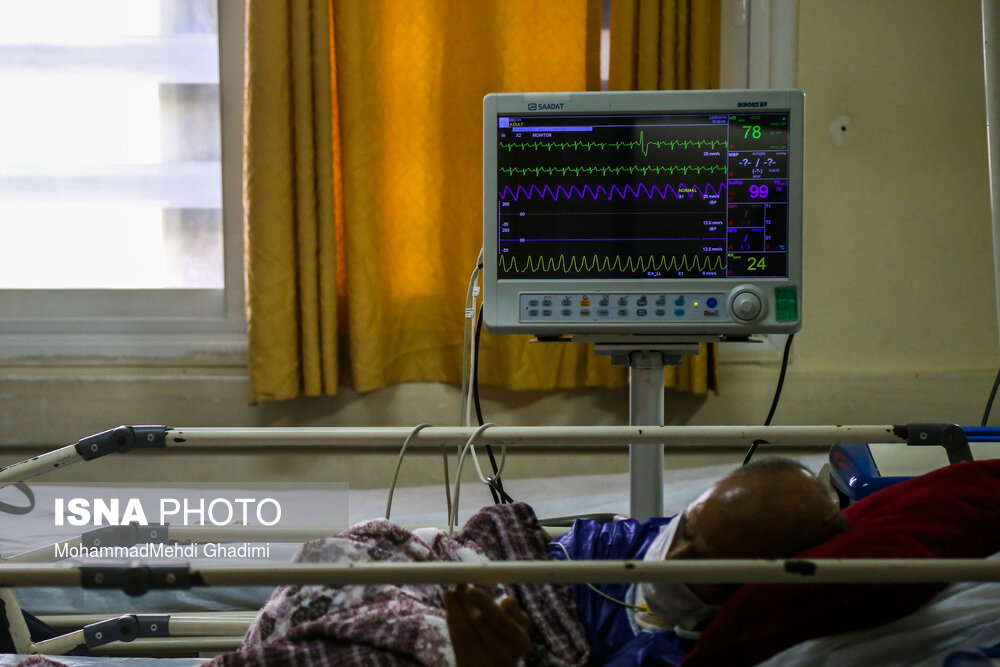Mohsen Zahraei, who heads the Vaccine-Preventable Diseases Department at the Iranian Health Ministry, explained that resistance to vaccines means “if we have already been infected with coronavirus or received a jab over the past three months, there is still the possibility of contracting the disease.”
There are also high chances of infection even “in short contacts,” the official warned.
He said, however, that inoculation could help decrease the severity and fatality rate of the disease.
Iran is currently fighting a seventh wave of coronavirus, largely driven by BA.4 and BA.5.
Latest figures show a sharp hike in the number of infections, hospitalizations and deaths as a result of Covid-19, the respiratory disease caused by coronavirus.
According to the updates of the country’s color-coded map, which tracks Covid-19, 57 cities have been classified as ‘red’ or ‘high risk.’ Another 86 cities are categorized as ‘orange’ or ‘moderate risk,’ while 199 cities are ‘yellow’ or ‘low risk.’
Only 106 cities remain ‘blue,’ where the situation is normal.
There are concerns among health officials for a further rise in the number of hospitalizations and fatalities as many people are not properly adhering to the health protocols designed to contain the spread of the deadly virus.
Officials have been advising the public to go for booster shots to strengthen their immune system.
